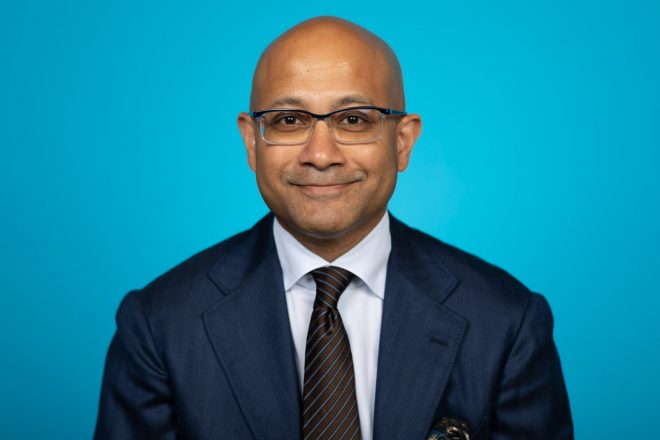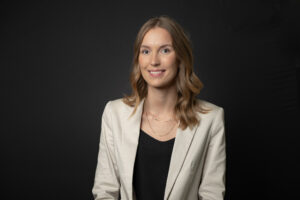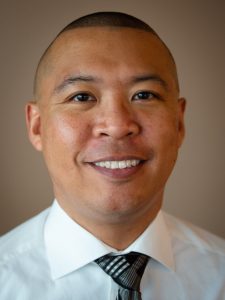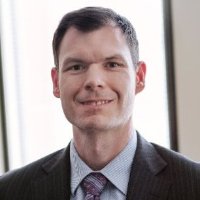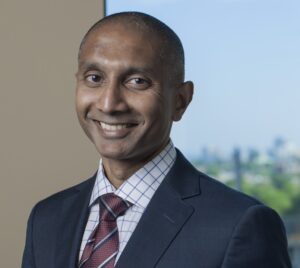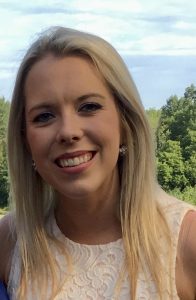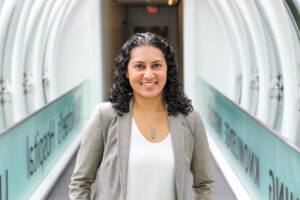The training (theoretical and practical), network, social community and mentorship are fantastic,” says Wijeysundera. “The program can be – and certainly for me, ended up being – a springboard to an exciting and fulfilling career in academic health care.
During his residency training, Dr. Duminda Wijeysundera became interested in how to design, implement, and interpret research to better inform clinical decision making. He recognized that an opportunity to join the Clinical Epidemiology and Health Care Research program would not only provide important methodological training, but also help inform his clinical practice in anesthesiology.
“My thoughts were that, at the minimum, the training would make me a more informed clinician who can help support research endeavours in an academic department,” says Wijeysundera. “As it turned out, I found that I loved research, and eventually transitioned to the PhD program and now practice as a clinician-scientist at the University of Toronto.”
Wijeysundera shares the program was an opportunity to gain in-depth knowledge of methodologies and explore new research designs. The courses and structure of the program allows students to be intellectually curious, and learn new methods out of interest.
“I look back very fondly on my time as a graduate student as a period where I learnt a tremendous amount of methodology and had the opportunity to really push the depth and breadth of my methodological knowledge, from biostatistics to non-experimental design to propensity score methods to Bayesian statistics.”
Wijeysundera shares that beyond advancing methodological knowledge, the program fosters a network of collaborators and mentors and helps researchers navigate other important practical skills such as securing funding for clinical research.
“The training helped me significantly advance core skills as a researcher – including paper writing, grant proposal development,” says Wijeysundera, “The experience also helped me better determine whether I would enjoy the actual practical details of life as a clinician-researcher, such as paper and grant writing.”
Wijeysundera is currently a clinician-scientist in anesthesiology at St. Michael’s Hospital and the University of Toronto.
“I dedicate about 70% of the time to research in perioperative medicine, with a particular focus on risk assessment, prevention and treatment of major complications in adults who have major surgery,” says Wijeysundera.
Wijeysundera also teaches IHPME courses and supervises graduate students within the program.
For anyone interested in pursuing clinical research as a scientist or investigator, Wijeysundera highly recommends the CEHCR program.
“The training (theoretical and practical), network, social community and mentorship are fantastic,” says Wijeysundera. “The program can be – and certainly for me, ended up being – a springboard to an exciting and fulfilling career in academic health care.”
